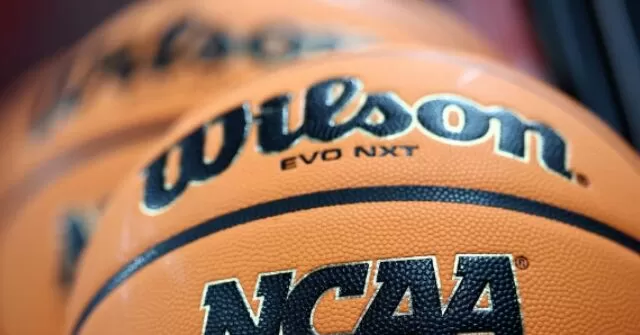In a groundbreaking move, the National Collegiate Athletic Association (NCAA) has passed new rules allowing colleges to directly pay student athletes. This decision marks a significant shift in the long-standing tradition of amateurism in college sports and has the potential to greatly benefit student athletes across the country.
For decades, the NCAA has prohibited colleges from paying their athletes, arguing that it would compromise the amateur status of college sports and create an unfair advantage for certain schools. However, with the growing commercialization of college sports and the immense profits being generated, many have called for a change in this policy.
The new rules, which were passed on Monday, will allow colleges to offer financial compensation to their athletes for the use of their name, image, and likeness. This means that student athletes will finally be able to profit from their own talents and hard work, just like any other student on campus.
This decision has been met with widespread support from both athletes and sports fans alike. Many have argued that it is only fair for student athletes to receive some form of compensation, considering the immense amount of time and effort they put into their sport while also juggling their academic responsibilities.
Moreover, this move by the NCAA will also help to level the playing field for student athletes from lower-income backgrounds. Many of these athletes come from disadvantaged communities and rely on their athletic abilities to secure a college education. With the new rules in place, they will now have the opportunity to earn some much-needed income to support themselves and their families.
But the benefits of this decision go beyond just financial compensation. By allowing colleges to directly pay their athletes, the NCAA is also promoting a culture of fairness and transparency. This move will help to eliminate the underground economy of college sports, where athletes are often paid under the table by boosters and agents. With the new rules, all payments will be above board and regulated, ensuring that athletes are not taken advantage of.
Furthermore, this decision will also have a positive impact on the overall well-being of student athletes. Many of these young individuals face immense pressure to perform on the field while also excelling in the classroom. By allowing them to receive financial compensation, the NCAA is acknowledging the sacrifices and challenges that these athletes face and providing them with some much-needed support.
Of course, there are still some concerns and challenges that need to be addressed with the implementation of these new rules. One of the main concerns is the potential for inequality among athletes, with star players potentially receiving more compensation than others. However, the NCAA has stated that they will be closely monitoring the situation and taking steps to ensure fairness for all athletes.
In conclusion, the NCAA’s decision to allow colleges to directly pay student athletes is a significant step forward for college sports. It not only recognizes the hard work and dedication of these athletes but also promotes fairness and transparency within the industry. This move has the potential to greatly benefit student athletes and create a more equitable playing field for all. As we look towards the future, let us embrace this change and continue to support and uplift our student athletes.

